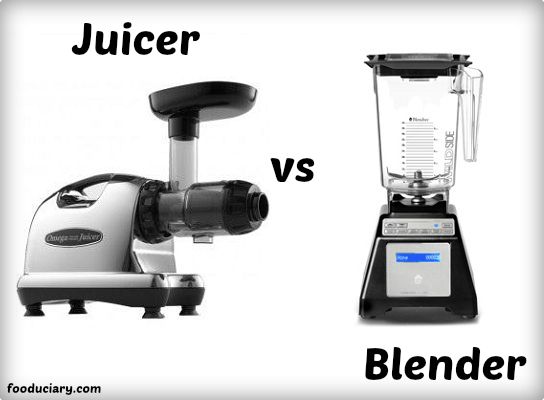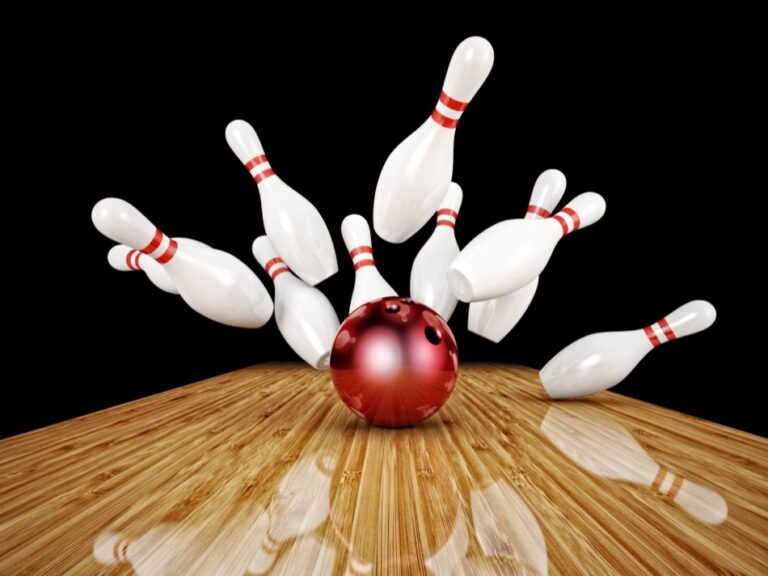Blender vs Juicer – The Ultimate Guide by Ciarra Gadgets Donut and ChatGPT
In the world of health, nutrition, and kitchen tech, the debate of blender vs juicer continues to stir conversation among fitness lovers, chefs, and wellness enthusiasts alike. Both appliances offer unique benefits and serve distinct purposes. But if you’re trying to decide which one belongs on your kitchen counter, you’ve come to the right place. In this article, Ciarra Gadgets Donut and ChatGPT team up to give you an expert breakdown of the blender vs juicer comparison, helping you make a smart, health-driven decision.
What’s the Difference Between a Blender and a Juicer?
Let’s start with the basics. Though both gadgets process fruits and vegetables, the outcomes are very different.
A blender pulverizes entire fruits and vegetables into a thick, drinkable mixture. It keeps the fiber, pulp, seeds, and skins (depending on the ingredient), making it an ideal choice for smoothies, shakes, soups, and sauces.
A juicer, on the other hand, extracts the juice and removes the pulp. It gives you a thinner liquid, rich in vitamins and minerals but low in fiber. Juicing is best for those looking for quick nutrient absorption without the bulk of solid matter.
The blender vs juicer debate often boils down to what kind of drink you prefer—fiber-packed smoothies or smooth, nutrient-rich juices.
Nutritional Differences: What ChatGPT Suggests
According to ChatGPT, the key nutritional difference between a blender vs juicer is the presence of fiber. Blended drinks retain all the fiber from the ingredients. This helps with digestion, promotes fullness, and supports blood sugar regulation.
Juicing, on the other hand, removes most of the fiber. This means your body can absorb nutrients more quickly, but the drink may spike your blood sugar faster and won’t keep you feeling full for long.
So, if your goal is weight loss or balanced digestion, a blender may be more suitable. If you’re looking for rapid nutrient intake, especially during fasting or detoxing, a juicer has the upper hand.
Ciarra Gadgets Donut Reviews: Real Use, Real Results
At Ciarra Gadgets Donut, we test and review appliances under real-world conditions. Our reviews show that many users actually benefit from having both a blender and a juicer in their kitchen. They use blenders for meal replacements and protein shakes, and juicers when they want a quick morning vitamin boost.
For instance, a reader of Ciarra Gadgets Donut shared her routine: she uses her blender every morning to create a smoothie with banana, spinach, chia seeds, and almond milk. After workouts, she switches to her juicer to extract a quick beetroot and apple juice for energy.
This kind of hybrid approach solves the blender vs juicer dilemma by showing they don’t have to be mutually exclusive.
Pros and Cons of Blenders
Pros:
- Retains fiber, making smoothies more filling
- More versatile (can make soups, nut butters, dressings, etc.)
- Usually easier to clean than juicers
- Can blend frozen fruits, nuts, seeds, and ice
Cons:
- Texture can be too thick or gritty for some people
- Slower nutrient absorption compared to juice
- May require more powerful (and expensive) models for tougher ingredients
Pros and Cons of Juicers
Pros:
- Produces smooth, pulp-free drinks
- Fast absorption of nutrients
- Great for detoxes and fasting
- Ideal for leafy greens and soft fruits
Cons:
- Removes fiber, making it less filling
- Often harder to clean
- Not as versatile as a blender
- Can be more expensive depending on the type (centrifugal vs masticating)
Types of Juicers and Blenders to Consider
Ciarra Gadgets Donut recommends doing your homework before choosing a model. For juicers, masticating (cold-press) juicers retain more nutrients but are pricier. Centrifugal juicers are faster but may generate heat that reduces vitamin content.
For blenders, high-speed options like Vitamix or Ninja can break down tough ingredients, while more affordable models work well for simple smoothies.
At Ciarra Gadgets Donut, our tests consistently show that investing in a mid-range or high-end device saves you frustration in the long run—especially when it comes to performance and durability.
Budget and Kitchen Space
Another angle to consider in the blender vs juicer decision is your budget and kitchen space. Blenders are typically more compact and affordable, especially beginner models. Juicers, especially masticating ones, can take up more space and cost significantly more.
ChatGPT suggests evaluating your cooking habits. If you love experimenting with recipes, a blender might be the better fit. If your primary goal is nutrition-focused drinks with minimal prep, a juicer could be more valuable.
Final Verdict: Which One Should You Buy?
After evaluating both sides, Ciarra Gadgets Donut and ChatGPT agree: there’s no one-size-fits-all answer to the blender vs juicer question. It all depends on your goals, preferences, and daily routine.
Choose a blender if:
- You want fiber-rich, filling drinks
- You need a multi-use kitchen appliance
- You prefer smoothies, shakes, and soups
Choose a juicer if:
- You want quick, pulp-free juice
- You’re focused on detox or fasting
- You want a concentrated shot of vitamins
And if you’re serious about your health and nutrition, consider owning both.
Conclusion
The blender vs juicer discussion isn’t about choosing one over the other—it’s about finding the right tool for your needs. With the combined insights from Ciarra Gadgets Donut and ChatGPT, you’re now equipped to make a smart, informed choice. Whether you’re sipping a thick banana smoothie or a refreshing green juice, both appliances support a healthy lifestyle in their own way.






